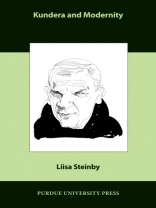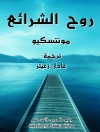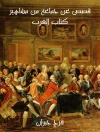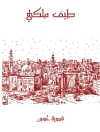While a large amount of scholarship about Milan Kundera’s work exists, in Liisa Steinby’s opinion his work has not been studied within the context of (European) modernity as a sociohistorical and a cultural concept. Of course, he is considered to be a modernist writer (some call him even a postmodernist), but what the broader concept of modernity intellectually, historically, socially, and culturally means for him and how this is expressed in his texts has not been thoroughly examined. Steinby’s book fills this vacuum by analyzing Kundera’s novels from the viewpoint of his understanding of the existential problems in the culture of modernity. In addition, his relation to those modernist novelists from the first half of the twentieth century who are most important for him is scrutinized in detail. Steinby’s
Kundera and Modernity is intended for students of modernism in literary and (comparative) cultural studies, as well as those interested in European and Central European studies.
Inhoudsopgave
Acknowledgments
Chapter One: Kundera, a European Novelist
Chapter Two: The Legacy of Cervantes
Chapter Three: Falling Out of History
Chapter Four: Unmasking, Thought, and Analysis in the Post-Proustian Novel
Chapter Five: The Thematic Structure of Kundera’s Novels
Chapter Six: The Sentimental and the Authentic Self
Chapter Seven: The Dangers of Forgetting and Laughter
Chapter Eight: Hedonism, Aestheticism, and Love as Modes of Authentic Sense Giving
Chapter Nine: Lightness and Death
Chapter Ten: The End of Modernity, the End of the Novel?
Works Cited
Index
Over de auteur
Liisa Steinby (until 2007 Liisa Saariluoma) teaches comparative literature at the University of Turku. Her interests in research include aspects of modernity in the novel from the eighteenth century to present. Her single-authored book publications include
Der postindividualistische Roman (1994),
Nietzsche als Roman. Über die Sinnkonstituierung in Thomas Manns Doktor Faustus (1996),
Erzählstruktur und Bildungsroman. Wielands Geschichte des Agathon, Goethes Wilhelm Meisters Lehrjahre (2004), and
Wilhelm Meisters Lehrjahre und die Entstehung des modernen Zeitbewusstseins (2005). She has published fourteen collected volumes in addition to about seventy scholarly articles.












